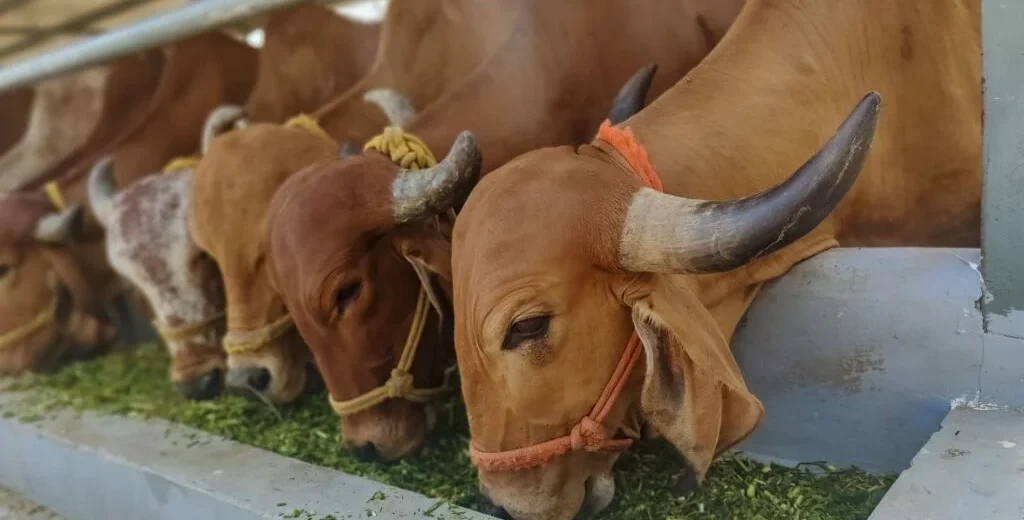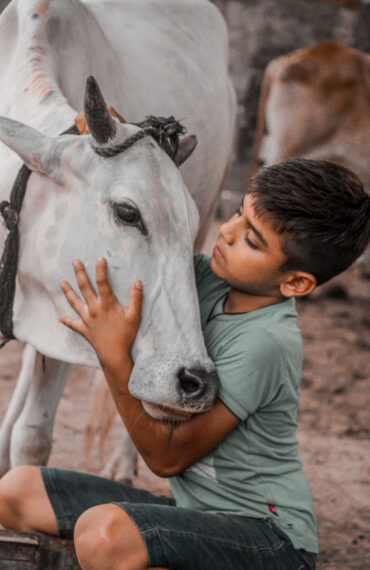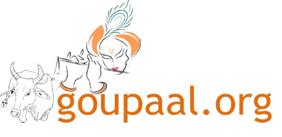
Sustainable Dairy Farms
Sustainable dairy farming in India is revolutionizing the way milk and dairy products are produced, focusing on eco-friendly, ethical, and efficient practices. These farms prioritize animal welfare, environmental conservation, and economic viability, ensuring long-term benefits for farmers, consumers, and the planet.
By implementing modern techniques such as organic feed, waste management, and renewable energy sources like biogas and solar power, sustainable dairy farms reduce their carbon footprint while maintaining high-quality milk production. Advanced breeding programs, efficient water usage, and eco-conscious packaging further enhance their sustainability.
Animal welfare is a key focus, with farms ensuring humane treatment, proper healthcare, and stress-free environments for cattle. Sustainable dairy farms also emphasize reducing antibiotic and hormone use, leading to healthier dairy products.
Additionally, these farms promote fair trade practices, supporting small-scale farmers and rural communities by providing better income opportunities and financial stability. With the rising demand for organic and ethically sourced dairy, sustainable farms are paving the way for a healthier and more responsible dairy industry in India.
By choosing dairy products from sustainable farms, consumers contribute to environmental protection, better animal welfare, and a more sustainable future for Indian agriculture.
Challenges
High Initial Investment – Setting up a sustainable dairy farm requires significant capital for eco-friendly infrastructure, organic feed, and renewable energy sources, which can be a barrier for small farmers.
Limited Awareness & Adoption – Many traditional dairy farmers lack awareness of sustainable practices and are hesitant to adopt new methods due to fear of lower productivity or high costs.
Climate Change & Water Scarcity – Rising temperatures, irregular rainfall, and depleting water resources pose major threats to dairy farming, affecting cattle health, milk production, and fodder availability.
High Cost of Organic Feed & Nutrition – Sustainable dairy farming requires high-quality, organic, and chemical-free feed, which is more expensive than conventional options, impacting overall profitability.
Lack of Government Support & Policies – While sustainability is promoted, there is a lack of strong government incentives, subsidies, and policies to support sustainable dairy farmers effectively.
Limited Market & Consumer Awareness – The demand for organic and ethically produced dairy products is growing but remains niche, leading to challenges in marketing and justifying higher prices.
Infrastructure & Supply Chain Issues – Inadequate cold storage, transportation, and processing facilities make it difficult to maintain quality and prevent wastage, especially in rural areas.
Animal Health & Veterinary Support – Ensuring disease-free, hormone-free dairy farming requires constant veterinary support, which is often inaccessible in remote areas.
Similar Projects

Community Empowerment Initiatives
The majority have suffered alteration in some form, injected humour.



